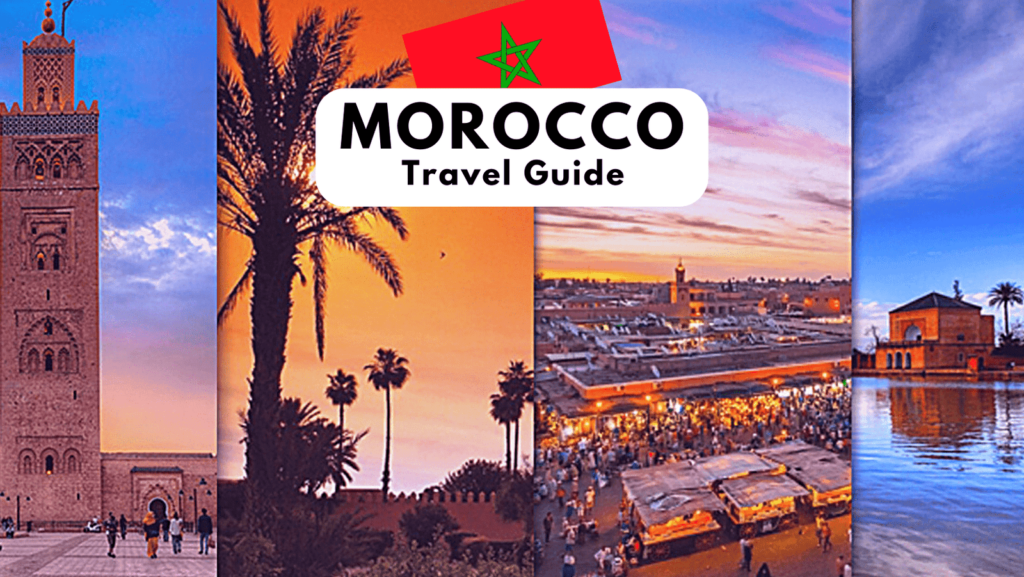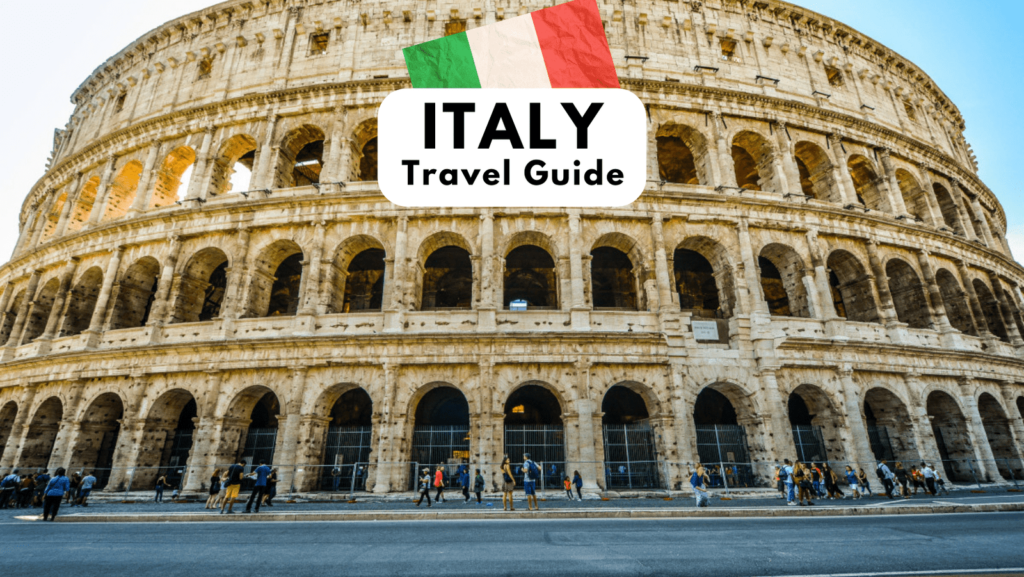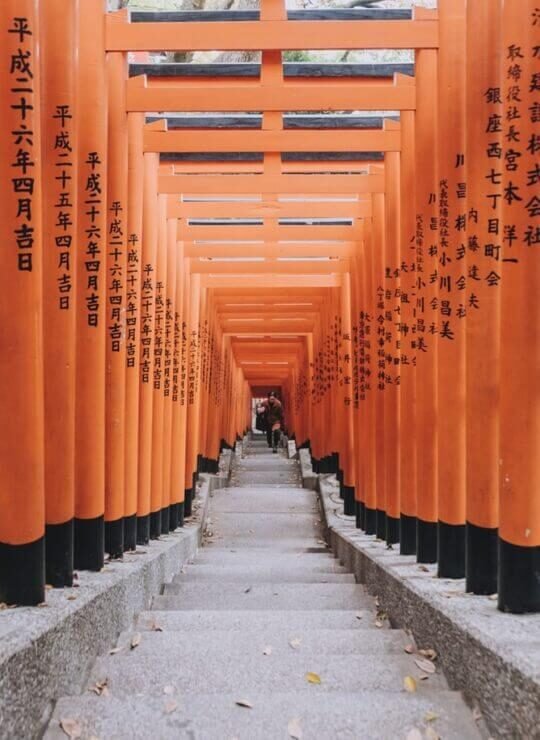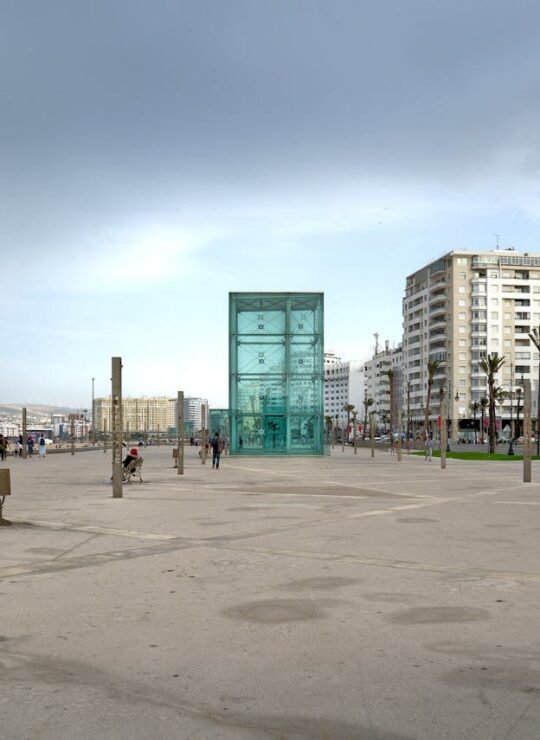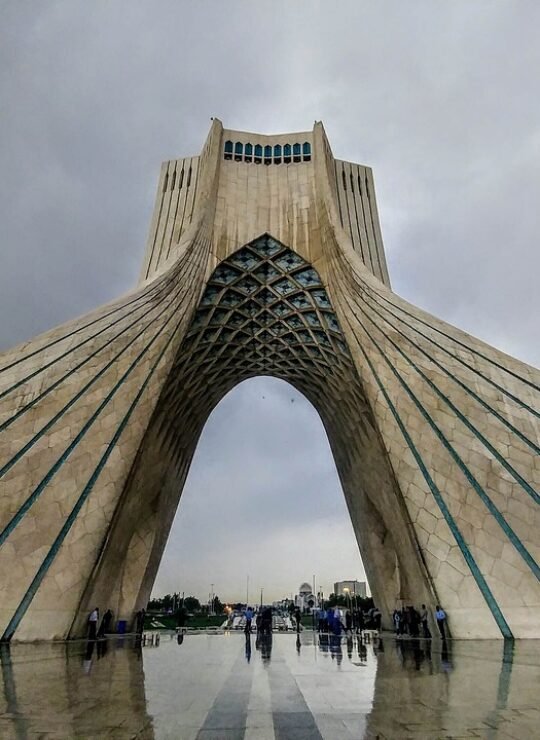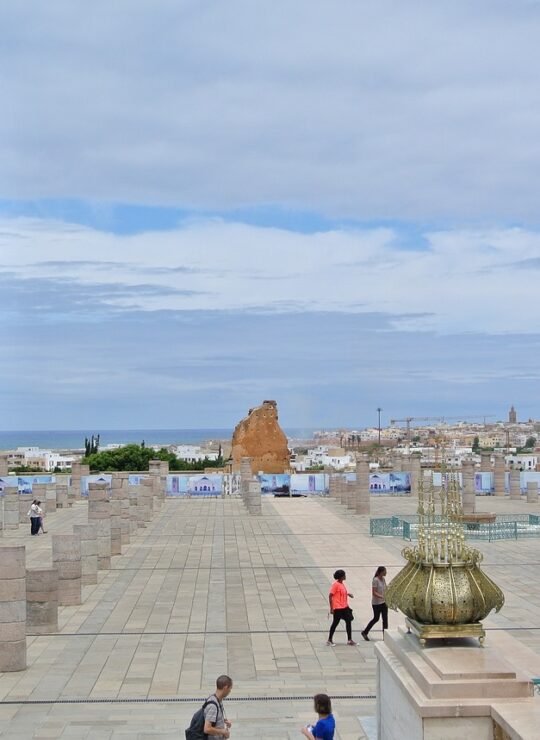Nestled in North Africa, Tunisia stands as a testament to the region’s rich tapestry of history, culture, and natural beauty. As an Amazigh (Berber) North African country, Tunisia’s identity is deeply rooted in its indigenous heritage, offering travelers a fascinating glimpse into a world shaped by ancient civilizations and vibrant traditions.
In this travel guide, we’ll delve deeper into the wonders of Tunisia, from its historic sites and natural landscapes to its vibrant culture and warm hospitality. Whether you’re drawn to the ancient ruins of Carthage, the bustling souks of Tunis, or the pristine beaches of Djerba, Tunisia beckons with an adventure that’s as diverse and captivating as its storied past. So pack your bags, prepare to be enchanted, and embark on a journey to discover
Location and Landscape
Located on the northernmost tip of the African continent, Tunisia boasts a strategic position overlooking the Mediterranean Sea. Bordered by Algeria to the west and Libya to the southeast, Tunisia’s diverse landscape encompasses everything from golden beaches along its coastline to rugged mountains in the interior and expansive desert stretches in the south.
A Tapestry of History
Tunisia’s history is a mosaic of civilizations that have left their mark on its landscapes and culture. From the ancient Carthaginians and Romans to the Arab conquerors and Ottoman rulers, Tunisia’s heritage is as diverse as it is fascinating. The UNESCO-listed archaeological site of Carthage stands as a testament to its illustrious past, while the medinas of Tunis, Sousse, and Kairouan offer a glimpse into its Islamic heritage.
Amazigh Heritage
At the heart of Tunisia’s cultural identity lies its Amazigh heritage. The Amazigh people, who have inhabited North Africa for thousands of years, have left an indelible mark on Tunisia’s language, customs, and traditions. From the distinctive Amazigh architecture of the Matmata and Chenini villages to the colorful textiles and crafts of the Amazigh communities, Tunisia offers a window into the ancient and enduring legacy of the Amazigh people.
The treasures of Tunisia – a gateway to Amazigh North Africa.
Welcome to our Tunisia travel guide, where ancient history meets stunning natural beauty. Nestled on the Mediterranean coast of North Africa, this vibrant and diverse country offers a wealth of experiences for every type of traveler.
Step back in time as you explore the ruins of Carthage, once the mighty capital of an ancient civilization. Immerse yourself in the vibrant streets of Tunis, with its bustling markets and beautiful medina. Relax on the pristine sandy beaches of Hammamet, or embark on a desert adventure in the Sahara.
Tunisia offers a fascinating blend of cultures, influenced by its rich history and proximity to Europe and the Middle East. From the culinary delights of couscous and fragrant spices to the vibrant colors and intricate designs of traditional handicrafts, you’ll find a feast for the senses at every turn.
Whether you’re seeking a relaxing beach getaway, a cultural immersion, or an adrenaline-fueled adventure, Tunisia has something to offer. Join us as we uncover the secrets of this captivating destination and help you plan a truly memorable trip to Tunisia.
Top Tourist Attractions in Tunisia
Tunisia is home to a plethora of stunning tourist attractions that will leave you in awe. From ancient ruins to breathtaking landscapes, there’s something for everyone to explore and enjoy.
1. Carthage
One of the top attractions in Tunisia is the ancient city of Carthage. Once a powerful empire, this UNESCO World Heritage Site is a treasure trove of history and culture. Explore the ruins of temples, amphitheaters, and Roman villas as you learn about the rise and fall of this once mighty civilization.
2. Medina of Tunis
The medina of Tunis is a vibrant and bustling neighborhood that will transport you back in time. Lose yourself in the maze-like streets, filled with traditional shops, mosques, and cafes. Don’t forget to visit the stunning Zitouna Mosque, a true masterpiece of Islamic architecture.
3. Sahara Desert
No trip to Tunisia is complete without a visit to the Sahara Desert. Embark on a desert adventure and witness the stunning sand dunes and vast landscapes. Spend a night under the stars in a traditional Bedouin camp and experience the true magic of the desert.
Best Time to Visit Tunisia
The best time to visit Tunisia is during the spring and autumn seasons when the weather is pleasant and the crowds are smaller. The months of April to June, and September to November offer comfortable temperatures for exploring the country.
During the summer months of July and August, Tunisia can get quite hot, especially in the desert regions. If you plan to visit during this time, be prepared for high temperatures and larger crowds at popular tourist sites.
In winter, from December to February, Tunisia experiences mild temperatures, making it a great time to visit if you want to avoid the crowds. However, some attractions may have shorter opening hours during this time, so it’s important to plan accordingly.
Transportation in Tunisia
Getting around Tunisia is relatively easy, thanks to its well-developed transportation system. Here are some options for getting around the country:
1. Trains
Tunisia has an extensive train network that connects major cities and towns. Trains are a comfortable and convenient way to travel, offering air-conditioning and affordable fares. However, it’s important to check the schedules ahead of time, as they may vary.
2. Buses
Buses are another popular mode of transportation in Tunisia. They are a cost-effective option for traveling between cities and towns, and they offer a great way to experience the local culture. However, be prepared for longer travel times, as buses may make frequent stops along the way.
3. Taxis
Taxis are a common sight in Tunisia and can be hailed from the street or booked through a hotel. They are a convenient option for shorter distances or when traveling with heavy luggage. However, make sure to negotiate the fare before getting into the taxi or ask the driver to use the meter.
Accommodation Options in Tunisia
Tunisia offers a wide range of accommodation options to suit every budget and preference. From luxury resorts to budget-friendly guesthouses, you’ll find something that fits your needs.
1. Luxury Resorts
If you’re looking for a luxurious and pampering experience, Tunisia has a variety of upscale resorts to choose from. These resorts offer world-class amenities, including spas, swimming pools, and gourmet restaurants. Many of them are located along the beautiful coastline, providing stunning views of the Mediterranean Sea.
2. Boutique Hotels
For a more personalized and intimate stay, consider booking a boutique hotel. These smaller, independent hotels offer unique and stylish accommodations, often with a focus on local culture and design. They provide a cozy and authentic experience, perfect for those seeking a more immersive stay.
3. Budget-Friendly Guesthouses
Travelers on a budget will find plenty of affordable guesthouses and hostels throughout Tunisia. These budget-friendly options provide basic amenities and a comfortable stay at a fraction of the cost. They are a great choice for backpackers or those looking to save money on accommodation.
Traditional Tunisian Cuisine
One of the highlights of visiting Tunisia is indulging in its delicious and flavorful cuisine. Tunisian food is a reflection of its diverse cultural influences, blending Mediterranean, Arab, and African flavors. Here are some must-try dishes:
1. Couscous
Couscous is a staple in Tunisian cuisine and is often served with a variety of vegetables, meat, or fish. It’s a hearty and satisfying dish that is full of flavor and spices.
2. Brik
Brik is a popular Tunisian street food that consists of a thin pastry filled with a mixture of egg, tuna, parsley, and harissa. It’s then deep-fried until crispy and served piping hot. It’s a delicious and indulgent treat that is not to be missed.
3. Harissa
Harissa is a spicy chili paste that is used in many Tunisian dishes. It adds a fiery kick and depth of flavor to stews, couscous, and grilled meats. Be sure to try it if you’re a fan of spicy food.
Must-Visit Cities in Tunisia
Tunisia is home to many vibrant and culturally rich cities that are worth exploring. Here are some of the must-visit cities in Tunisia:
1. Tunis
The capital city of Tunis is a vibrant and bustling metropolis that offers a mix of modernity and tradition. Explore the enchanting medina, visit the Bardo Museum, and indulge in the local cuisine in the city’s many cafes and restaurants.
2. Sidi Bou Said
Located just a short distance from Tunis, Sidi Bou Said is a picturesque town known for its blue and white buildings. Take a stroll through its charming streets, visit the famous Café des Nattes, and enjoy breathtaking views of the Mediterranean Sea.
3. Tozeur
Tozeur is a desert oasis town that offers a unique and otherworldly experience. Explore the palm groves, visit the impressive Chott El Jerid salt lake, and take a traditional horse-drawn carriage ride through the city’s narrow streets.
Safety Tips for Traveling in Tunisia
While Tunisia is generally a safe destination for travelers, it’s important to take certain precautions to ensure a smooth and worry-free trip. Here are some safety tips to keep in mind:
1. Stay Informed
Before traveling to Tunisia, it’s important to stay informed about the current political and security situation. Check for any travel advisories or warnings issued by your country’s government and follow their recommendations.
2. Respect Local Customs
Tunisia is a Muslim-majority country, and it’s important to respect local customs and traditions. Dress modestly when visiting religious sites, and be mindful of local customs and etiquette.
3. Be Vigilant
As with any destination, it’s important to be vigilant and aware of your surroundings. Avoid displaying valuable items and be cautious of your belongings, especially in crowded areas.
Shopping and Souvenirs in Tunisia
Tunisia is a shopper’s paradise, offering a wide range of unique and locally made products. Here are some popular souvenirs to bring back home:
1. Handicrafts
Tunisia is known for its beautiful handicrafts, including ceramics, carpets, and leather goods. Visit the local souks (markets) to find unique and handcrafted items to take home as souvenirs.
2. Olive Oil
Tunisia is one of the largest producers of olive oil in the world. Bring back a bottle of high-quality Tunisian olive oil as a delicious and healthy souvenir.
3. Dates
Dates are a staple in Tunisian cuisine and make for a tasty and nutritious souvenir. Look for locally grown dates in the markets and bring back a taste of Tunisia.
Why Tunisia Should Be on Your Travel Bucket List
Tunisia is a hidden gem waiting to be discovered. With its rich history, stunning landscapes, and vibrant culture, it offers a truly unique and unforgettable travel experience. Whether you’re exploring ancient ruins, relaxing on pristine beaches, or indulging in delicious cuisine, Tunisia has something for everyone. So pack your bags and get ready for an adventure of a lifetime in this captivating destination. Tunisia should definitely be on your travel bucket list.

